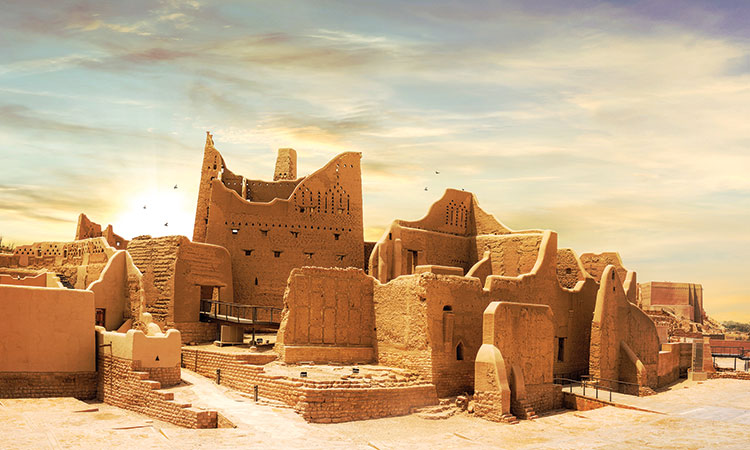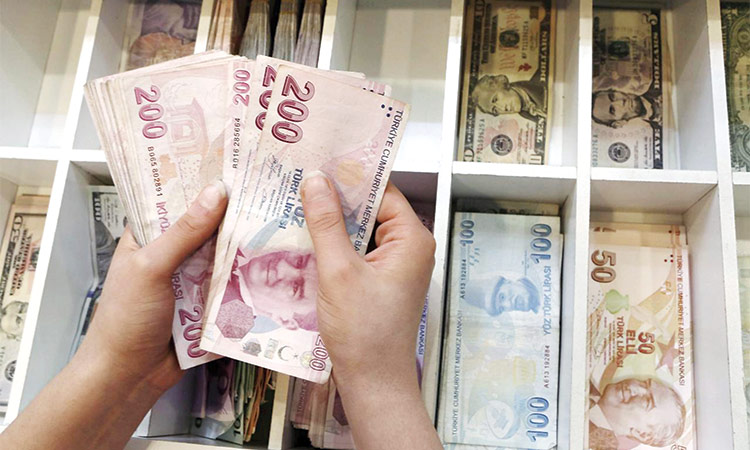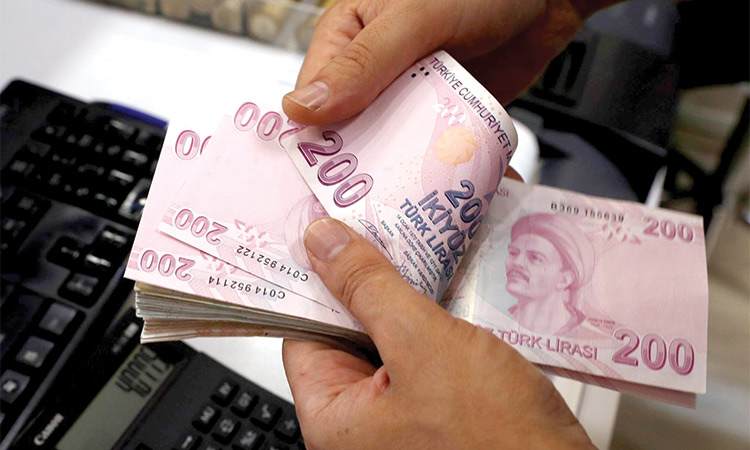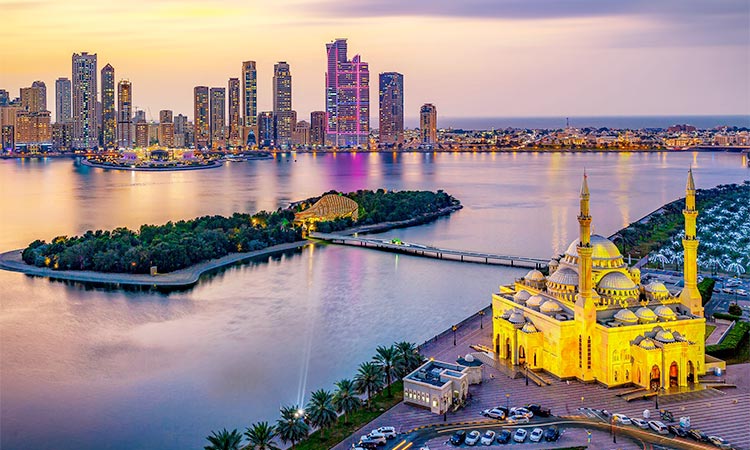Turkey’s foreign tourist spend climbs to new highs

A tourist near the Byzantine-era monument of Hagia Sophia, at Sultanahmet square in Istanbul, Turkey. Reuters
Growth in the Turkey’s tourism sector has in fact outpaced the global growth rate: the nation’s travel and tourism economy grew by 15 per cent in 2018, significantly higher than the global growth rate of 3.9 per cent.
‘The travel and tourism sector plays a crucial role as a driver of economic growth, job creation and social inclusion. Repeat visits from tourists from the GCC countries in particular help fuel the growth of this sector. We expect tourist spending in Turkey to continue undeterred through to the end of this year as the number of visitors bound for Turkish cities rises,’ noted Salih Ozer, Attaché of Culture and Information, Turkey to the UAE.
The report further ranked the Turkish city of Istanbul eighth in the world for international spend, accruing $16.3 billion in visitor exports, ahead even of other popular European destinations such as London, Paris, Barcelona and Amsterdam. A large slice of this spend has been attributed to Turkey’s growing popularity as a shopping destination.
A significant spike has been reported in the number of international tourists - particularly tourists from neighbouring Arab Countries - travelling into Turkey to shop, especially for high-end designer and luxury brands. According to recent estimates2, foreign tourists held a notable share in the turnover of shopping centres in Turkey last year: shopping with foreign cards amounted to TL 26.3 billion in 2018, representing an increase of 76 per cent year-on-year.
‘This increase in foreign tourist spend within Turkey has also resulted in growth for the nation’s retail sector. Travellers can enjoy greater value for their money in Turkey when compared to other popular destinations around the world across a wide spectrum of goods and services,’ added the attaché.
The 2018 research also shows that leisure travellers primarily drove the tourism sector in Turkey with 87 per cent spending generated by leisure visitors and 13 per cent from business travellers. The sector is also strongly weighted towards international travel: 61 per cent of the spending came from international travellers and 39 per cent from domestic travel. The Turkish Cultural and Tourism Office in Dubai is the official representative of the Republic of Turkey Ministry of Culture and Tourism. One of the main aims of the Tourism Office is to bridge the gap between cultures and foster relationships with the travel industry by organising promotional activities throughout the GCC. The Turkish Ministry of Culture and Tourism participates in travel exhibitions and conferences to position the country as a leading tourist destination. With its breath-taking views, unique historical and archaeological sites, steadily improving hotel and touristic infrastructure and a tradition of hospitality and competitive prices, it’s no wonder Turkey is among the most sought-after travel destinations in the world.
Turkey is a nation straddling eastern Europe and western Asia with cultural connections to ancient Greek, Persian, Roman, Byzantine and Ottoman empires. Cosmopolitan Istanbul, on the Bosphorus Strait, is home to the iconic Hagia Sophia, with its soaring dome and Christian mosaics, the massive 17th-century Blue Mosque and the circa-1460 Topkapı Palace, former home of sultans. Ankara is Turkey’s modern capital.
Meanwhile the quarter-on-quarter, the country’s economy returned to growth in the first quarter after a contraction in the second half of 2018, with GDP expanding a seasonally and calendar-adjusted 1.3 per cent.
While some economists said this marked the end of a technical recession and others said two straight quarters of year-on-year contraction showed it had just begun, there was a consensus that Turkey’s economy may well slump again in the current quarter.
The biggest drag in the first quarter was construction activity, down 10.9 per cent year on year, while the industrial and services sectors also shrank. Agriculture expanded 2.5 per cent while government spending jumped 7.2 per cent.
The breakdown of the GDP data revealed that, unsurprisingly, the expansion was driven by pre-election stimulus measures.
In April, the Purchasing Managers’ Index (PMI) for manufacturing fell to 46.8 from 47.2 in March, while consumer confidence tumbled to 55.3 points in May, its lowest level since the data was first published in 2004.
Separate data showed the foreign trade deficit narrowed 55.6 per cent year-on-year in April to $2.982 billion, with exports rising 4.6 per cent while imports slid 15.1 per cent.
In a survey of 19 institutions before the data was released, GDP was predicted to contract 0.1 per cent this year.
Agencies







